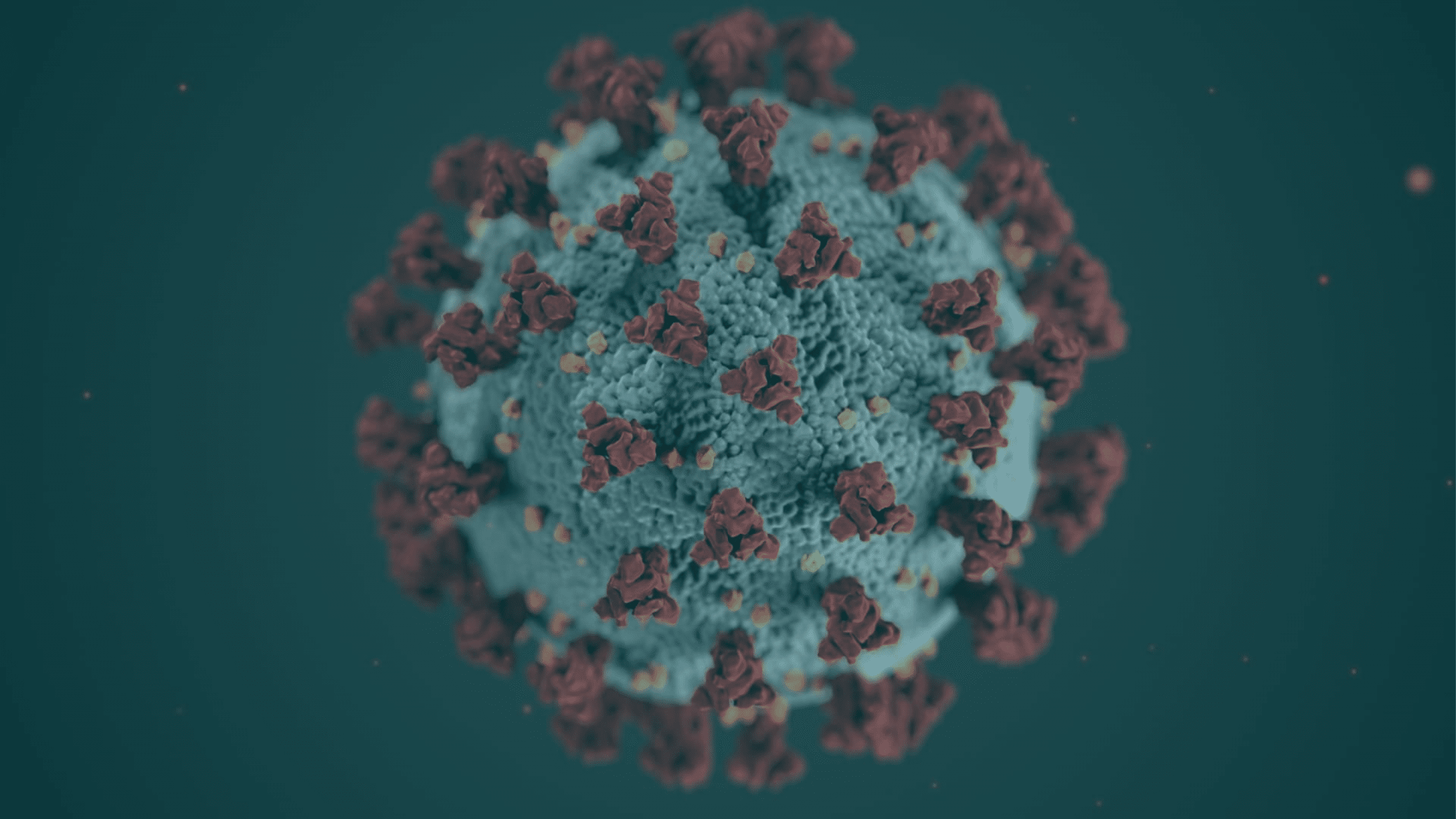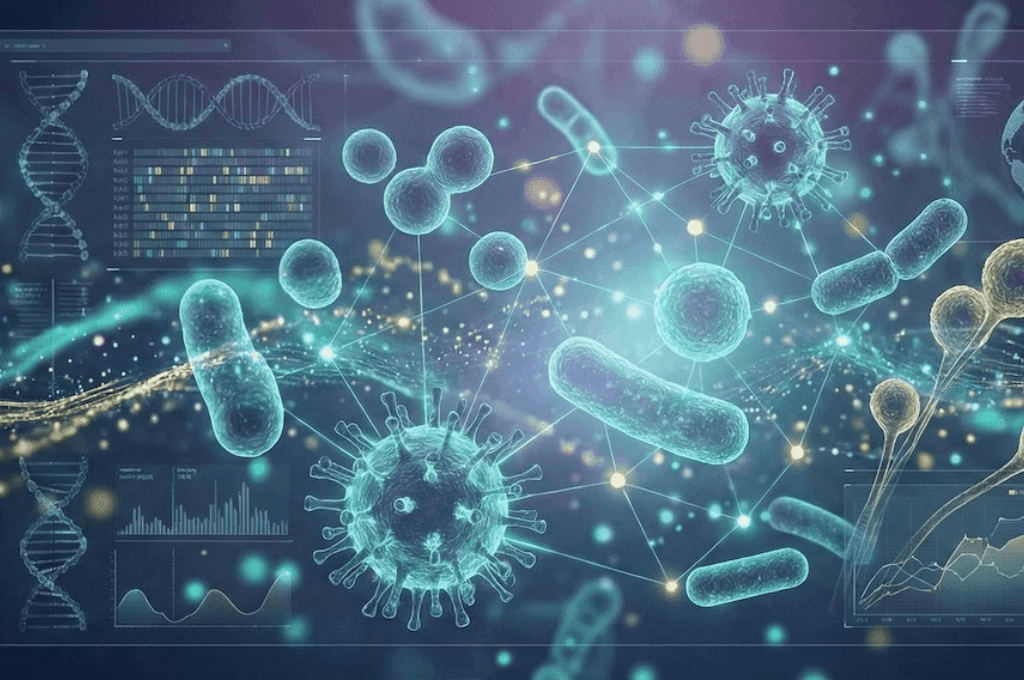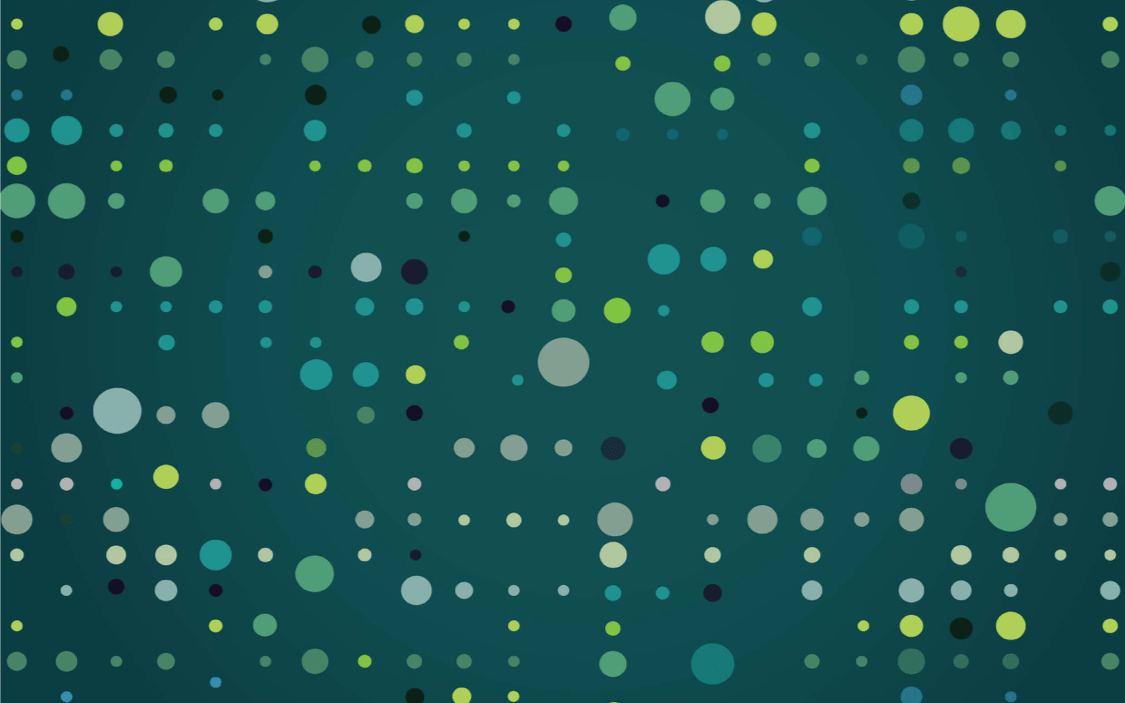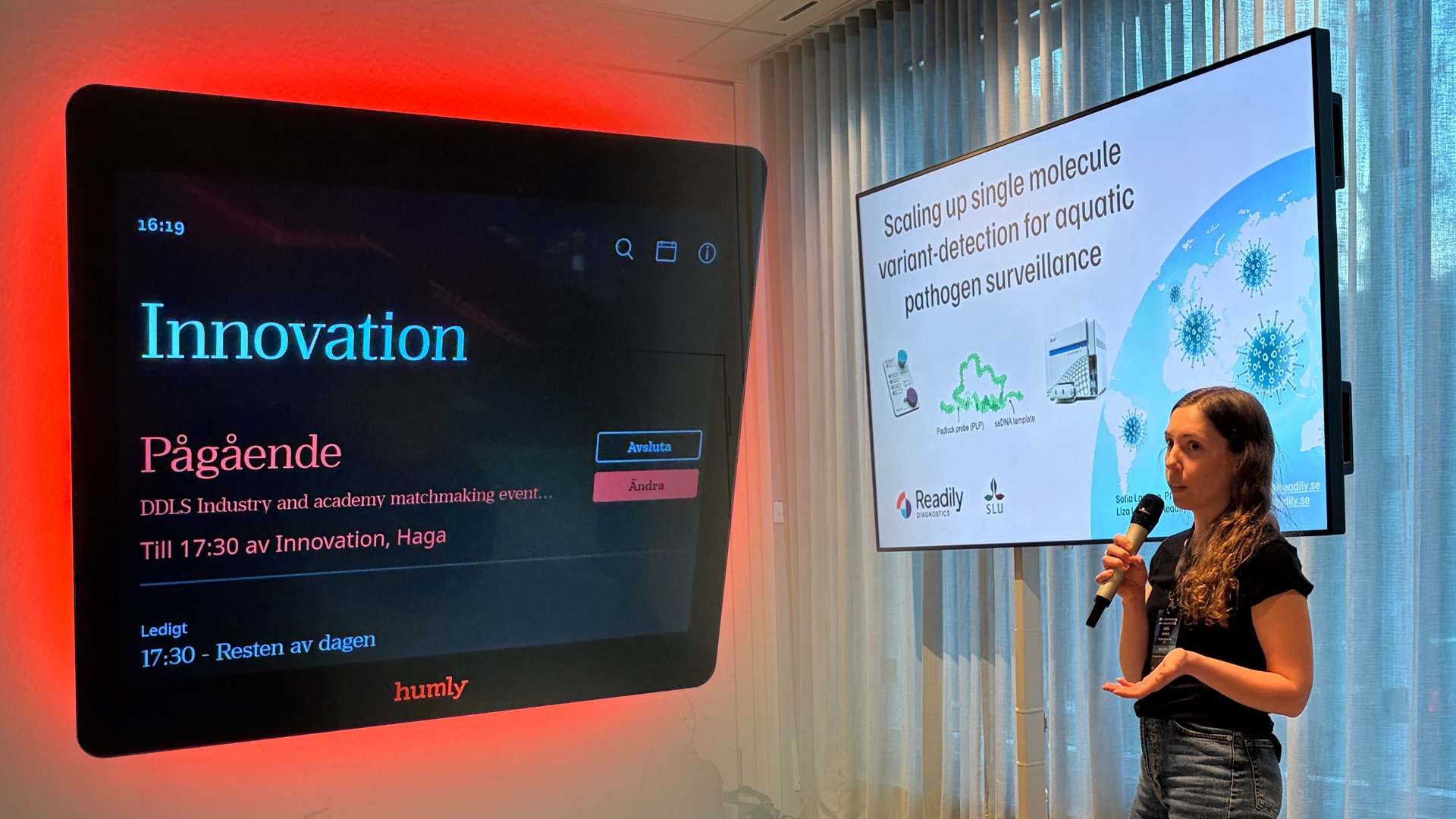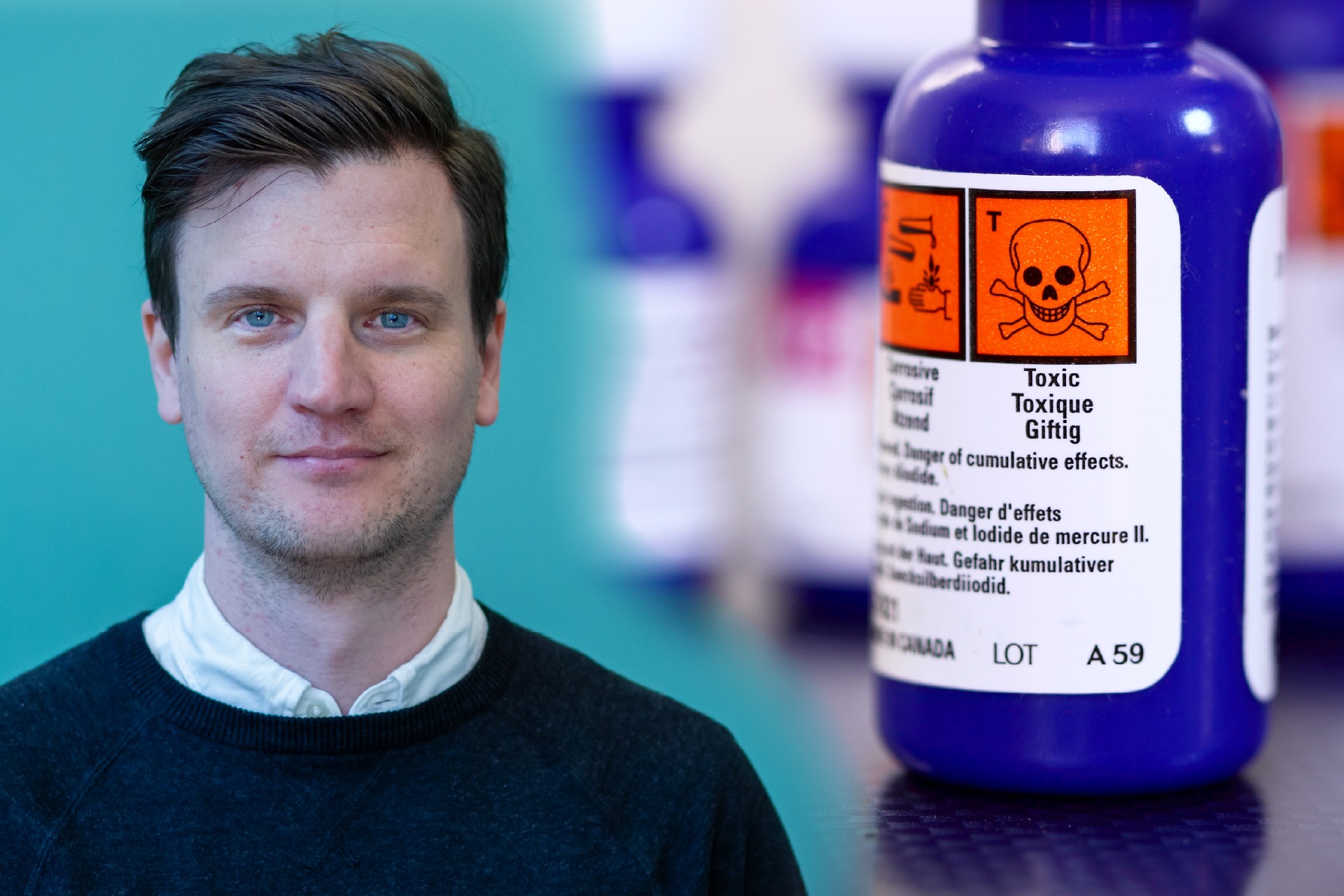Omicron variant BA.2 first noted in wastewater from Malmö and Kalmar
SciLifeLab researchers at the Swedish Environmental Epidemiology Center (SEEC) monitor and analyse SARS-CoV2 in wastewater over time. Analyzes have previously shown that the Omicron variant had outcompeted the Delta variant in January 2022. In-depth analysis now shows how the Omicron variant BA.2 was spread in Sweden in the first weeks of the year. Cities examined in the study are Stockholm, Malmö, Uppsala, Örebro, Umeå and Kalmar.
Through high throughput sequencing, the presence of different variants of Omicron have been studied. The first trace of the new Omicron variant BA.2 appeared in wastewater the first week of the year in Malmö, but already during week 2 it constituted about fifty percent of SARS-CoV2 variants in Malmö. Also in Kalmar, BA.2 had become quite common – amounting to approximately 20 percent – during week 2. In Stockholm, Umeå and Örebro, BA.2 was traceable in the wastewater from week 2, but at low levels. New analyses confirmed that over a time span of three to four weeks, Omicron (BA.1) was predominant in virtually all locations during week 2.
On week 5 the relative virus levels were high to very high in almost all wastewater samples. However, the trends varied with a continued steep increase in Kalmar, an increase again after a plateau in Örebro and Umeå, levels on plateau in Uppsala and decreases of virus levels in Enköping, Knivsta and Tierp. In Stockholm, the SARS-CoV-2 content has decreased compared to the week before in Hässelby, Järva and Riksby, whereas the virus content has increased in water analyzed from Henriksdal, Sickla and Käppala.
The results of the ongoing review of SARS-CoV2 in wastewater are published every week on the Swedish Covid-19 data portal.
The Swedish Environmental Epidemiology Center (SEEC) is supported by SciLifeLab’s Pandemic Laboratory Preparedness initiative and SciLifeLab’s National Research Program on COVID-19, funded by Knut and Alice Wallenberg Foundation.
